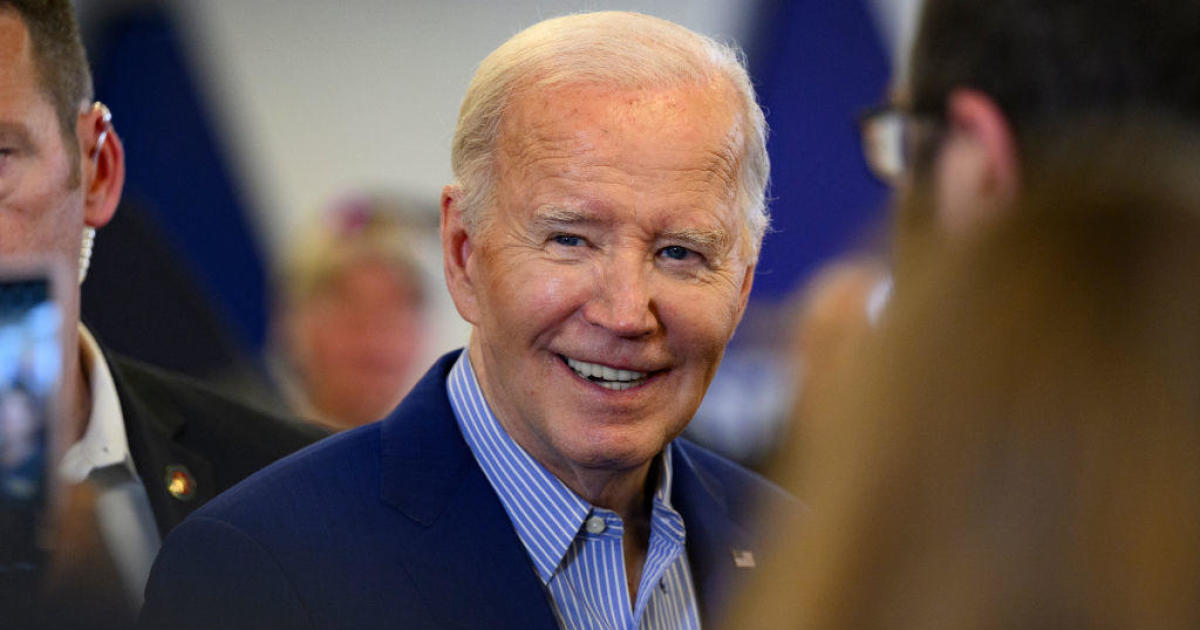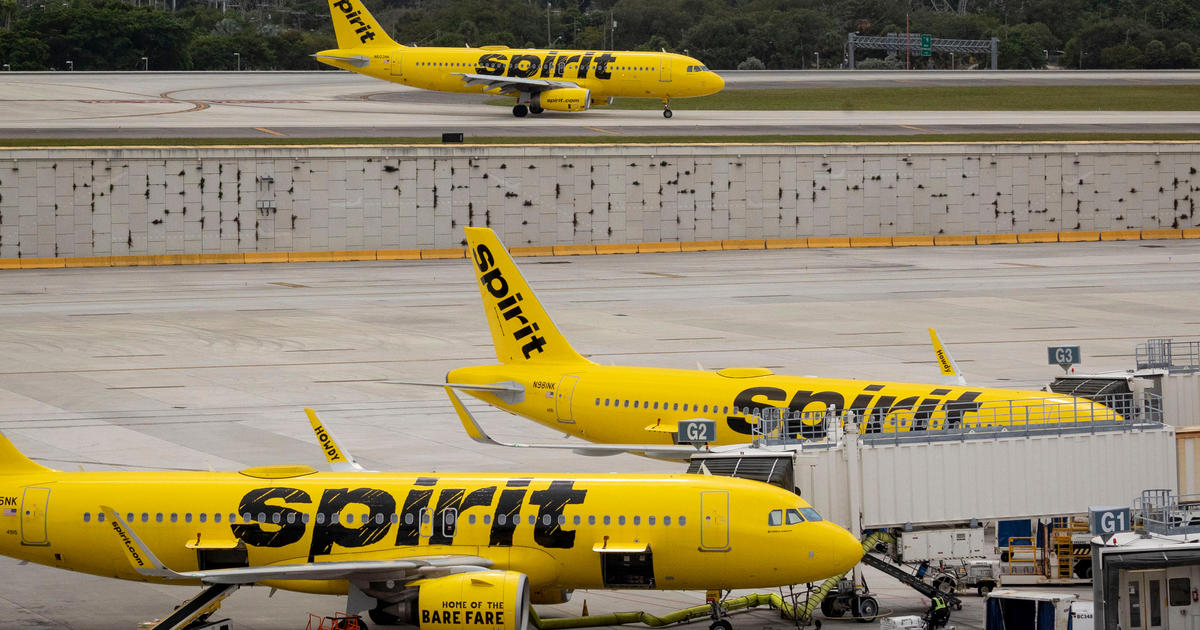Deportation Fears Have Legal Immigrants Avoiding Health Care
Follow CBSMIAMI.COM: Facebook | Twitter
MIAMI (CBSMiami/AP) — The uncertainty in Washington, D.C. as lawmakers work to end the government shutdown is impacting countless lives inside the country.
The number of legal immigrants from Latin American nations who access public health services and enroll in federally subsidized insurance plans has dipped substantially since President Donald Trump took office, many of them fearing their information could be used to identify and deport relatives living in the U.S. illegally, according to health advocates across the country.
Trump based his campaign on promises to stop illegal immigration and deport any immigrants in the country illegally, but many legal residents and U.S. citizens are losing their health care as a result, advocates say.
After Trump became president a year ago, "every single day families canceled" their Medicaid plans and "people really didn't access any of our programs," said Daniel Bouton, a director at the Community Council, a Dallas nonprofit that specializes in health care enrollment for low-income families.
The trend stabilized a bit as the year went on, but it remains clear that the increasingly polarized immigration debate is having a chilling effect on Hispanic participation in health care programs, particularly during the enrollment season that ended in December.
Bouton's organization has helped a 52-year-old housekeeper from Mexico, a legal resident, sign up for federally subsidized health insurance for two years. But now she's going without, fearing immigration officials will use her enrollment to track down her husband, who is in the country illegally. She's also considering not re-enrolling their children, 15 and 18, in the Children's Health Insurance Program, or CHIP, even though they were born in the U.S.
"We're afraid of maybe getting sick or getting into an accident, but the fear of my husband being deported is bigger," the woman, who declined to give their names for fear her husband could be deported, said through a translator in a telephone interview.
Hispanic immigrants are not only declining to sign up for health care under programs that began or expanded under Barack Obama's presidency -- they're also not seeking treatment when they're sick, Bouton and others say.
"One social worker said she had a client who was forgoing chemotherapy because she had a child that was not here legally," said Oscar Gomez, CEO of Health Outreach Partner, a national training and advocacy organization.
My Health LA provides primary care services in Los Angeles County to low-income residents and those who lack the documents to make them eligible for publicly funded health care coverage programs, such as state Medicaid. According to its annual report, 189,410 participants enrolled in the program during Fiscal Year 2017, but 44,252, or about 23 percent, later dis-enrolled. It's not clear how many of those who dropped out are Hispanic; the report did not describe ethnicity.
Enticing Hispanics to take advantage of subsidized health care has been a struggle that began long before Trump's presidency.
Hispanics are more than three times as likely to go without health insurance as are their white counterparts, according to a 2015 study by Pew Research Center. Whites represented 63 percent, or 3.8 million, of those who signed up for Affordable Care Act plans last year compared to 15 percent, or just under a million, Hispanics, according to the Centers for Medicare and Medicaid Services. The reasons vary, but some have always feared deportation, regardless of who is in office.
Recent events have not helped. Despite initial signs of a compromise agreement, Trump now isn't supporting a deal to support young people who identified themselves to the federal government so that they could qualify for protections against deportation despite being brought to the U.S. illegally as children.
Last fall, Border Patrol agents followed a 10-year-old immigrant with cerebral palsy to a Texas hospital and took her into custody after the surgery. She had been brought to the U.S. from Mexico when she was a toddler.
And in Okeechobee, a small rural city about an hour and a half north of Miami that is home to many immigrant farm workers, green-and-white-striped immigration vehicles were spotted driving around town and parking in conspicuous places last spring and summer. After a few immigrants were picked up and deported, health advocates said patients canceled their appointments, waiting until immigration officials left to reschedule them.
In Washington state and Florida, health workers report that immigrant patients start the enrollment process, but drop out once they are required to turn in proof of income, Social Security and other personal information. The annual report from My Health LA noted that it denied 28 percent more applicants in Fiscal 2017 than it had the year before, mostly due to incomplete applications.
In a survey of four Health Outreach Partner locations in California and the Pacific Northwest, social workers said some of their patients asked to be removed from the centers' records for fear that the information could be used to aid deportation hearings.
The dilemma has forced social workers at Health Outreach Partner to broaden their job descriptions, Gomez said. Now, in addition to signing people up for health insurance or helping them access medical treatments, they are fielding questions about immigration issues and drawing up contingency plans for when a family member is deported.
"That planning is seen as more helpful and immediate to their patients than their medical needs right now," he said.
(© Copyright 2018 CBS Broadcasting Inc. All Rights Reserved. The Associated Press contributed to this report.)



